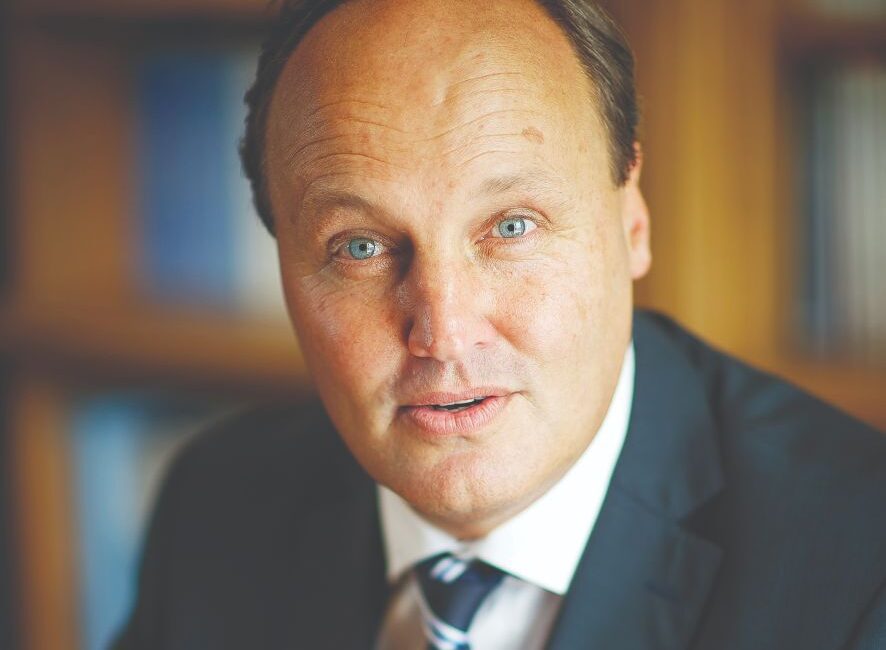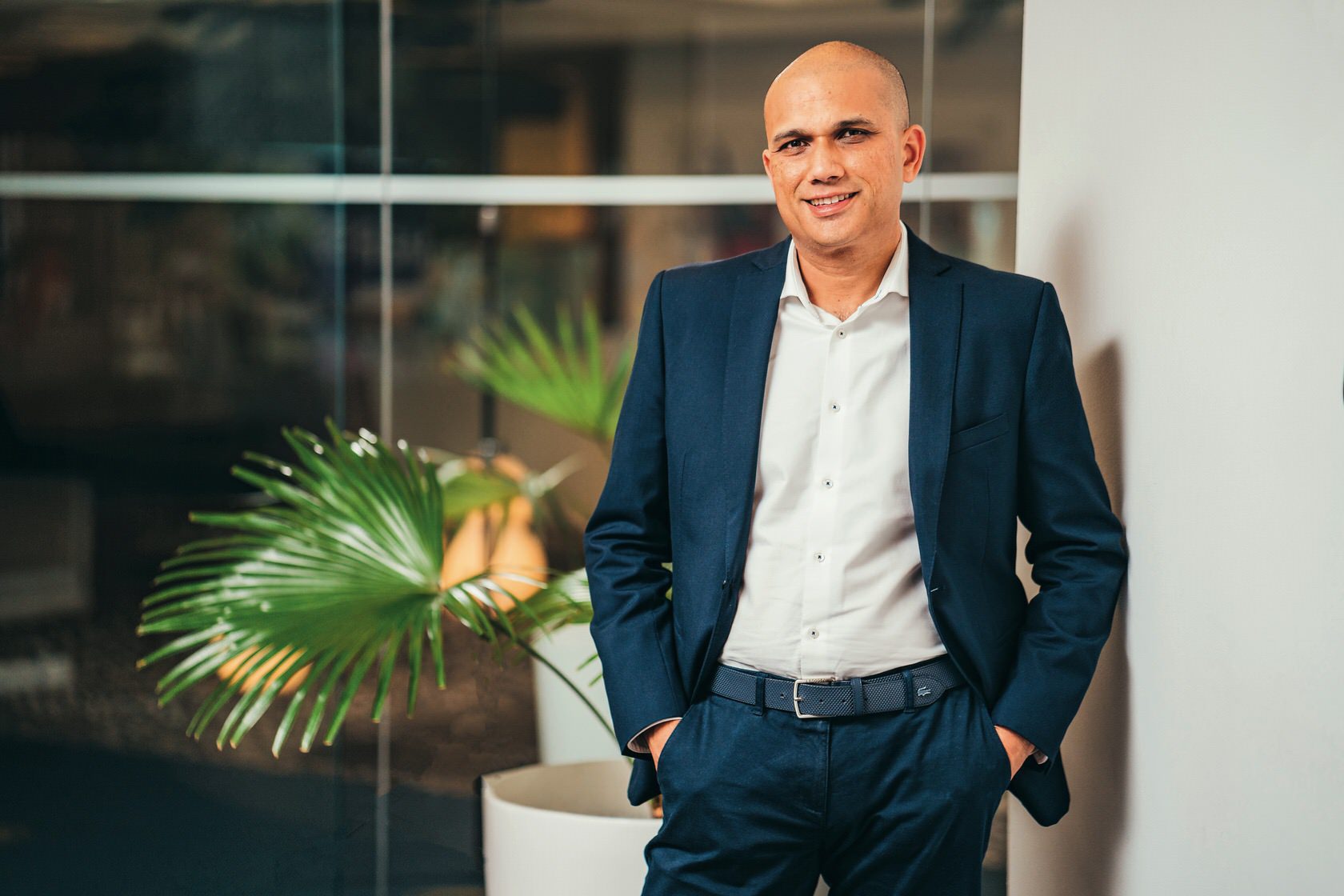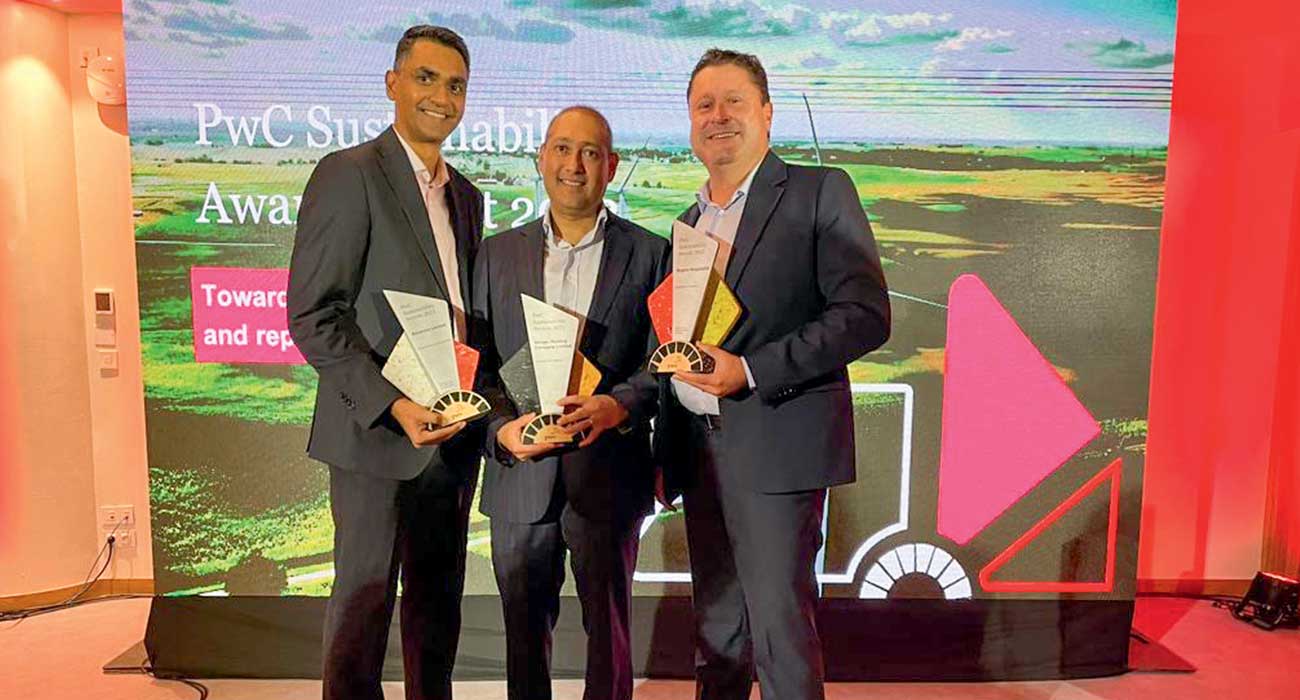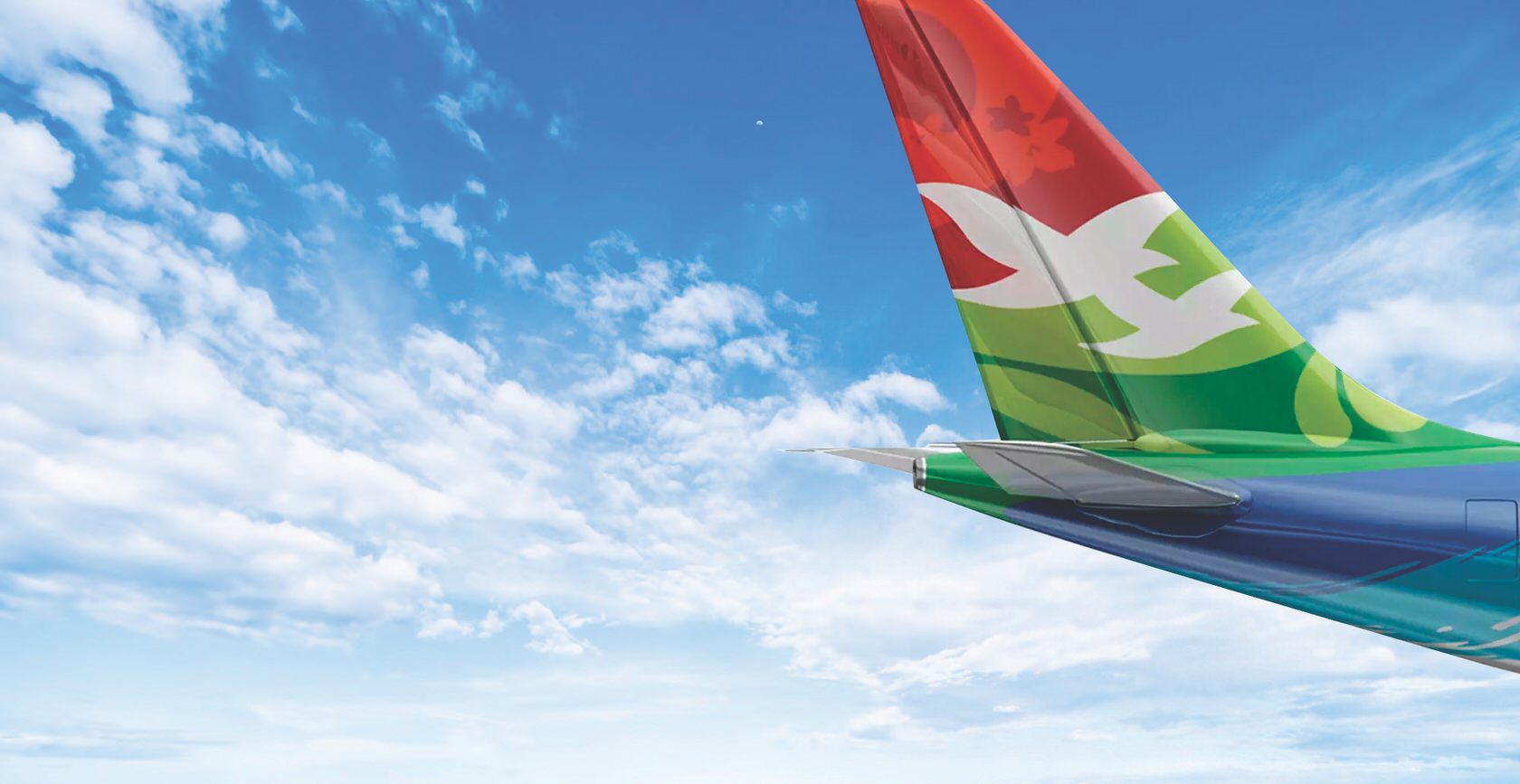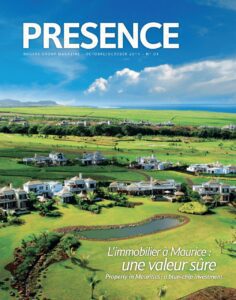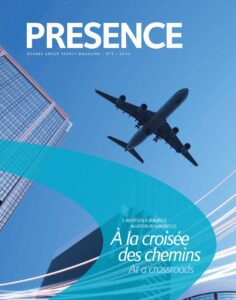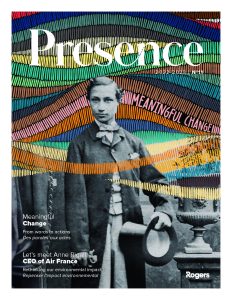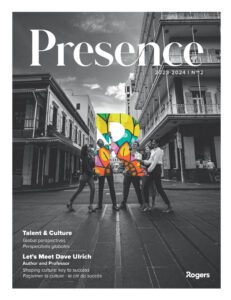François de Senneville, Lawyer specialised in international tax issues
Born and brought up in Mauritius, and practising in France, the lawyer François de Senneville believes that Mauritius offers far more than just advantageous tax rates to companies seeking to establish a presence in Africa.
Other than its tax system, what are the advantages Mauritius can offer to companies seeking a foothold in Africa?
Mauritius has indeed much more to offer companies. Among other things, the country provides a sound base for a network within Africa which companies can leverage to help them meet the continent’s growth opportunities. To be competitive, companies need regional operational bases so that they can develop in the continent’s sub-regions and Mauritius is well-placed geographically to support their expansion into the markets of East Africa.
Are there further advantages?
These companies are also and above all looking for political stability in the places in which they invest to structure their development as they are looking to the long term.
When foreign companies choose to set up in Mauritius, other important and often determining factors are our judicial system and the existence of the rule of law. In addition, the LCIA-MIAC Arbitration Centre means that African disputes can be arbitrated in Mauritius.
Our African and indeed multicultural genetic make-up is also of major importance as it means that businesses have access to local professionals who are in general at least bilingual, often in French and English, two languages which between them cover most of the communication needs for working in Africa. The Mauritian workforce is ahead of the pack as it has plenty of well-qualified specialists, and is adaptable and motivated. What is more, Mauritius already has sound infrastructure that is continually improving.
There are other excellent reasons that tip the balance in favour of Mauritius, such as the number of fiscal and other treaties Mauritius has signed with African states. In fact, Mauritius generally emerges as an obvious choice compared with their competitors when businesses are deciding how to structure their African development.
What are your views on the changes recently brought to the tax treaty between Mauritius and India?
The changes have reduced the attractiveness of Mauritius for new investors who want to invest in India. The terms of the treaty mean they can no longer benefit in the relatively short term from the advantages the former treaty offered. However, the changes have accelerated the positioning of local companies in the services they offer so that they are turning to supporting the development of companies other than in India, particularly in Africa where appropriate support is very necessary.
What needs to be done to make existing products and services even more attractive to foreign investors?
They will be attractive if they meet the needs of potential clients. The good news is that an extensive range of services is already in place and there’s scope to build multi-disciplinary services to meet the challenge.
When foreign companies choose to set up in Mauritius, other important and often determining factors are our judicial system and the existence of the rule of law.
Rogers has just joined the FinTech market, which is presented as one the most promising sectors in the coming years. What do you think of it?
This Rogers Group initiative demonstrates its strong belief in the potential and future of the financial services sector. By embracing FinTech, it is equipping itself with the means to consolidate its leadership positon in the quality of services it can offer clients and in the market more generally.
How do you see Mauritius’ future as an international financial centre?
It has a promising future. For the reasons we’ve already spoken about, I believe that the service sector, both financial and otherwise, has a serious chance of becoming the main contributor to Mauritian GDP in the medium to long term if it manages to navigate the unfurling African upsurge.
profile
Ranked by the French magazine Décideurs – Stratégie Finance Droit as amongst the “top tax lawyers in France for international companies”, François de Senneville also has a strong reputation in African business law and OHADA (Organisation for the Harmonisation of Business Law in Africa). He has worked as a partner with Lazareff Le Bars, heading their Africa desk. Before that he worked as head of tax for Deloitte France. He joined Fieldfisher in Paris in 2016 to head the firm’s new Africa desk. Since May 2014, he has been an executive member of the Paris Bar’s Africa/OHADA Permanent Commission.

